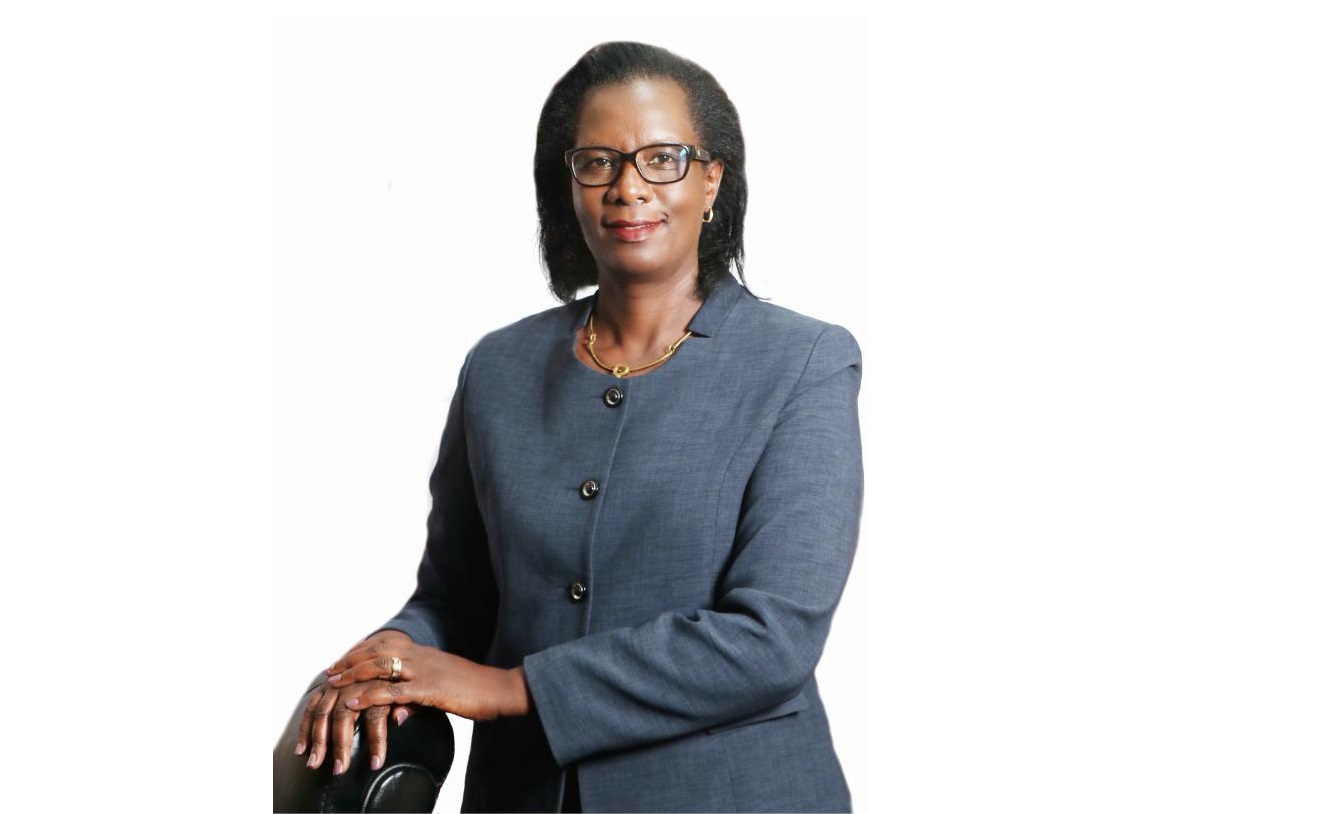×
The Standard e-Paper
Smart Minds Choose Us

Most of the 149 allowances in the public sector will be done away with as State moves to ensure equity and tame ballooning wage bill.
Salaries and Remuneration Commission (SRC) has started implementing major pay reviews for the 750,000 public workers, with a focus on eliminating most of the 149 allowances.







